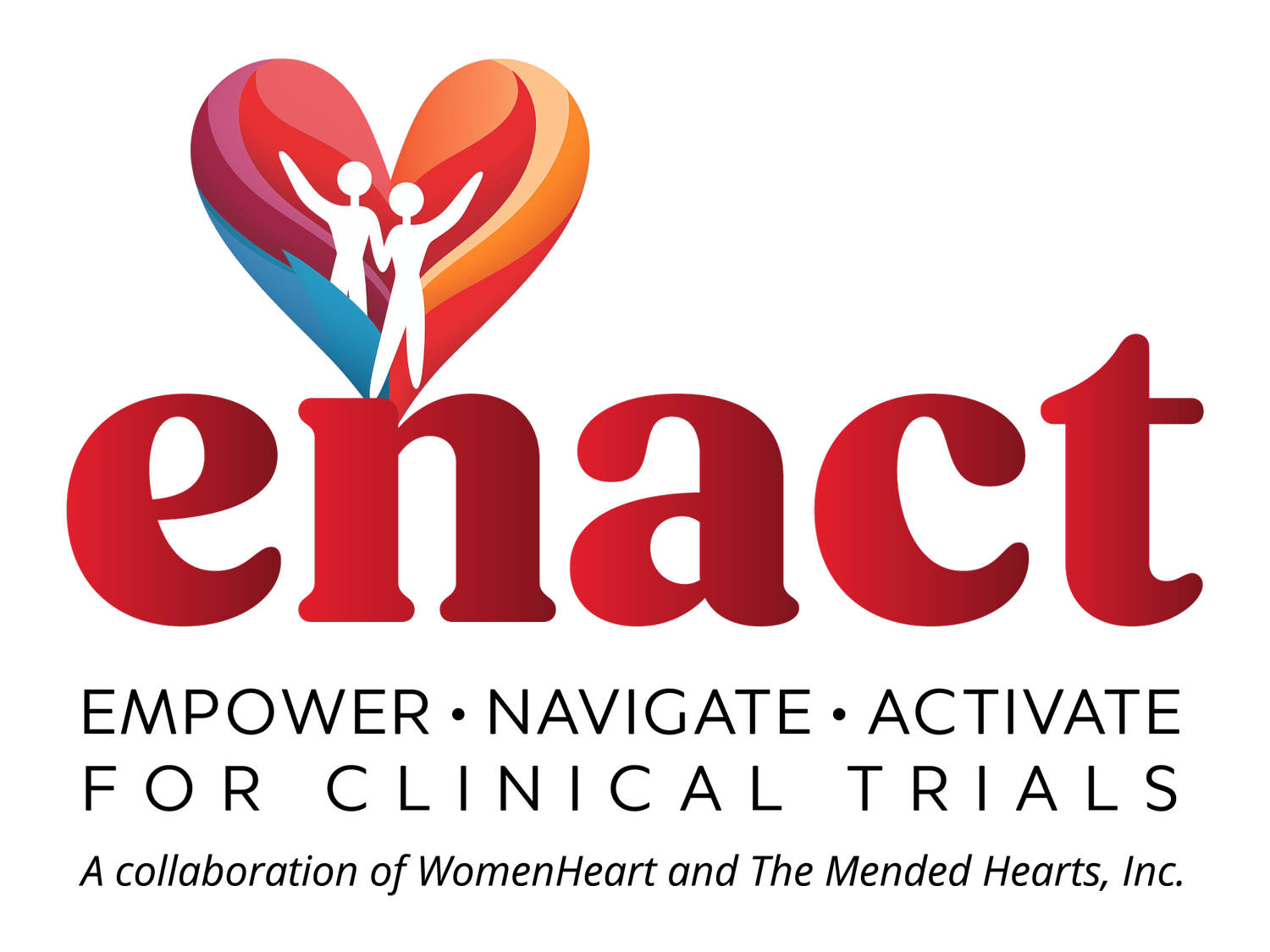The ENACT clinical trial roadmap is here to support and guide you on each step of the journey from when you start thinking about participating in a trial to after the trial is complete.
What is a Clinical Trial?
A clinical trial is a type of research study that tests new ways to prevent, find, or treat diseases or tests for the most effective and safe way to treat a condition. It might test a new medicine, device, or even a lifestyle change to see if it works and is safe. Learn more
Why should I participate?
Being in a clinical trial gives you the chance to get care that may include new treatments or extra health check-ups. You will still get the regular care for your condition, and you may learn more about your health along the way.
Clinical trials also help others. By joining, you are helping researchers improve treatment for future patients, including people in your own community.
Where can I learn about trials for me?
Start by asking your doctor if they know of any clinical trials that might be a good fit for you. You can also search online at ClinicalTrials.gov.
If you live near a medical school, university, or research hospital, they often run trials and may be able to connect you to someone who can explain what trials are available.
What should I know?
Every trial is different, but most include check-ups, tests, or surveys so the research team can learn how the treatment is working. You might take medicine, follow a new care plan, or track your symptoms.
Here are some questions you can ask: QUESTIONS
Who will I be working with?
For most trials, you will work with a
What are some feelings people experience?
It’s normal to feel a mix of emotions during a trial. Some people feel hopeful and excited to help others. Others feel nervous about trying something new. You might even feel proud to be part of something important.
If you ever feel unsure, you can always talk to the trial team. They’re there to help you feel safe and heard. You can also reach out to groups like Mended Hearts and WomenHeart to connect with other heart patients who have participated in clinical trials before.
Why is it important to complete a trial?
Your health comes first. If you need to leave a trial, speak to the trial coordinator and other trial team members first to see if there are other options. Sometimes adjustments can be made for you to stay involved in the trial. However, you can leave a trial at any time.
If possible, complete the trial. This helps to make sure the data is complete and correct so decisions can be made. Sticking with the trial also helps others. The information you share and the data collected could lead to better care for patients like you.
If you do decide to leave the trial, work with the trial team. They can explain how to stop safely and may ask you to do a final visit or test to help finish your part of the study.
What are my rights?
Clinical trials are important for advancing medical science, but your safety and dignity come first. Here are your rights as a participant in any clinical study:
• Informed Consent
• Voluntary Participation
• Privacy and Confidentiality
• Know the Risks and Benefits
• Medical Care for Side Effects
• Ask Questions Anytime
• Support and Oversight
• Access to Trial Results
• Continued Access to Treatment
If you have questions or concerns about your rights, contact your study team or the study’s ethics board (IRB). Learn more.
What happens when the trial ends?
At the end of a clinical trial, participants should be informed, supported, and empowered with knowledge about what comes next. Here are some things to ask about:
Trial results—If you don’t get information about the trial results, ask. Sometimes they will be published too. You often can find out which trial group you were in too.
Follow up—You will want to ask about what happens after the trial. In most cases, you will return to the care you received before the trial. You may have a final health check or monitoring after the trial too.
Feelings—Some people feel disappointed when a trial is over, especially if the drug did not get approved. Ask your trial team if there is emotional support available.
If the drug or therapy was not approved, ask the trial team what happens next. You may not have access to the treatment, but in some cases there will be compassionate use exceptions. You will continue to receive the standard of care medical treatment even if the drug or therapy was not approved. Learn more.





